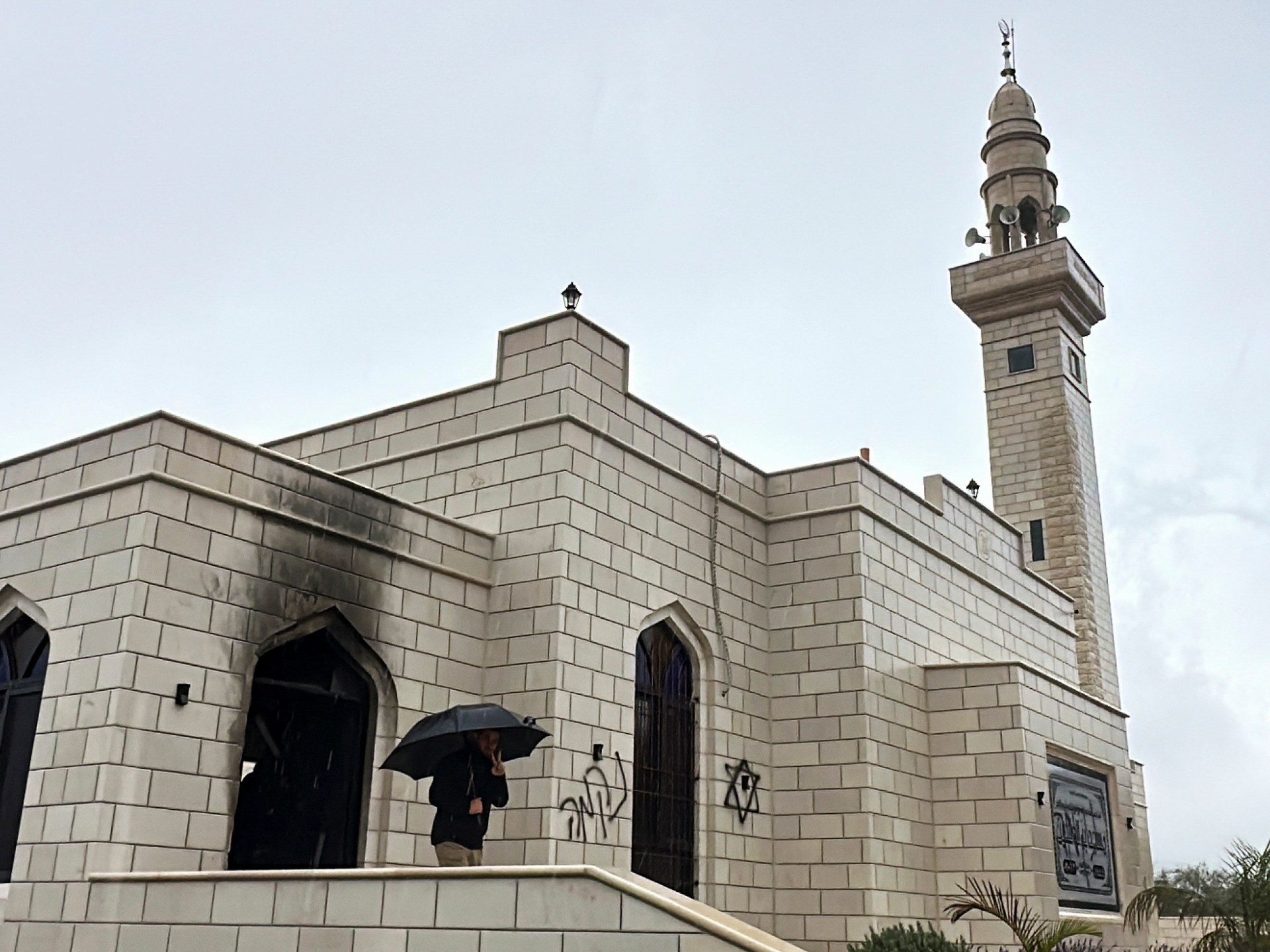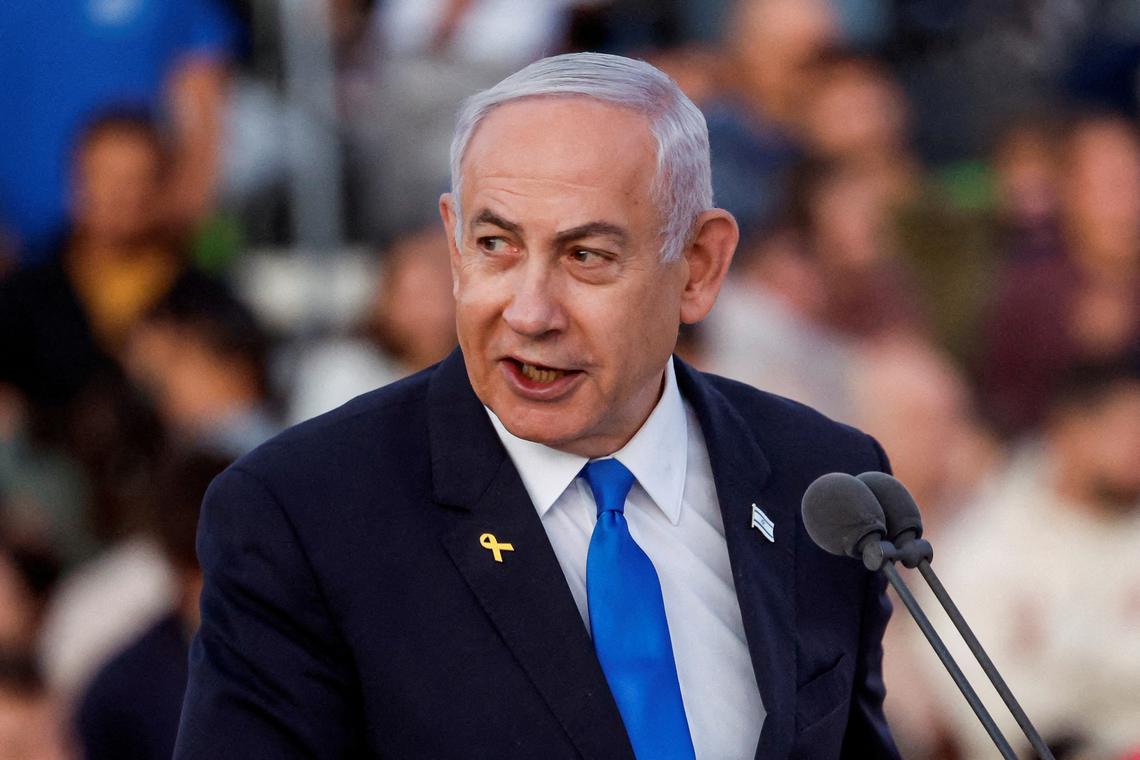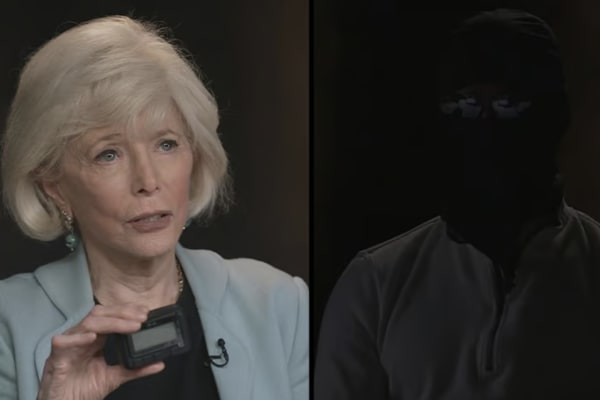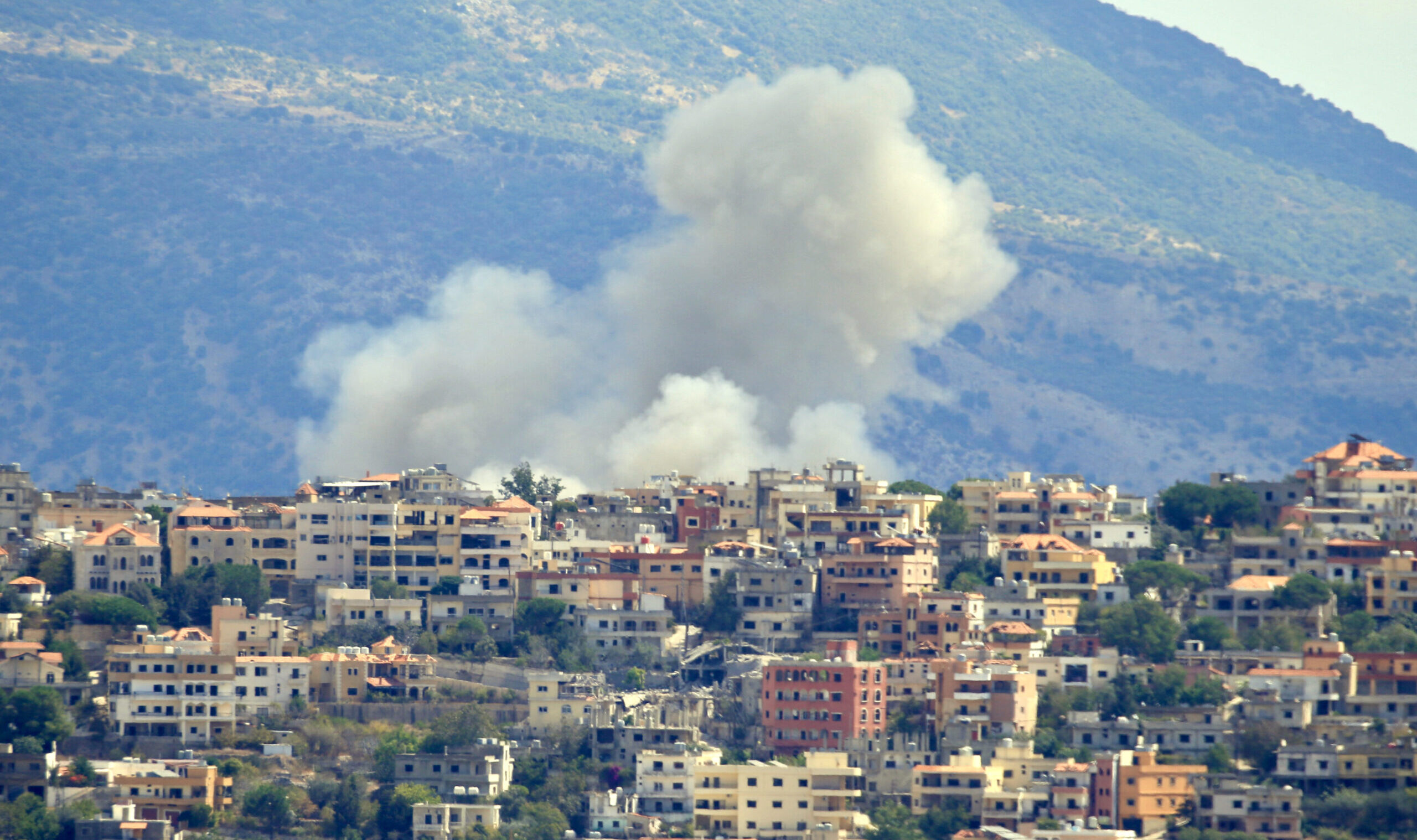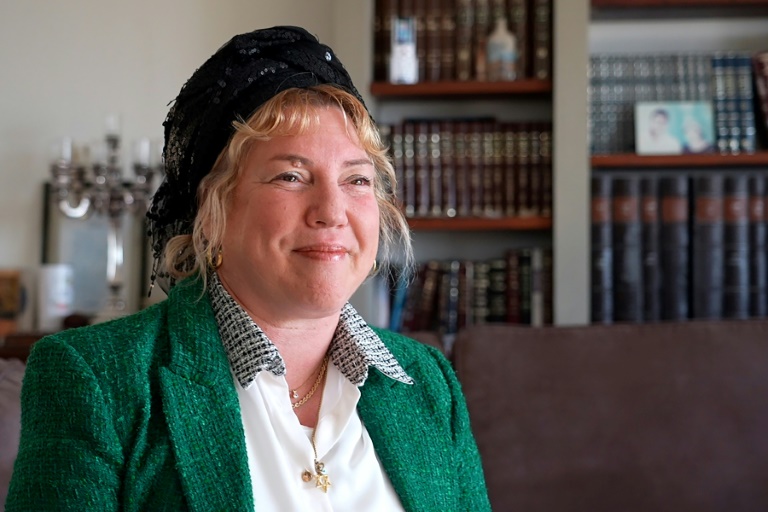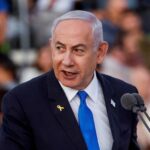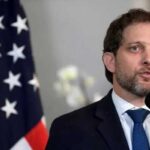BEIRUT — Under heavy attack from Israel, the Lebanese militant group Hezbollah has been seriously weakened militarily in recent weeks, with many of its top leaders killed, and at least some of its arsenal destroyed.
That has raised hopes among its opponents both foreign and domestic that it may also be vulnerable politically. Hezbollah is also a powerful political party — and in the view of its critics a major reason why Lebanon has been so difficult to govern.
The country has been without a president for two years, meaning it has no commander in chief of the army or effective way to deal with an economy in shambles.
You may be interested
Here’s a look at whether recent developments could be the beginning of the end of Lebanon’s political paralysis.
How did Hezbollah get so much power in the first place?

Journalists take a tour inside Sahel General Hospital, in Dahiyeh, Beirut, a day after the Israeli army said that Hezbollah is storing hundreds of millions of dollars in cash and gold under the hospital.
(Hassan Ammar/Associated Press)
Hezbollah got its start in 1982 during Lebanon’s civil war as a cadre of Shiites dedicated to ending Israel’s occupation of southern Lebanon. With backing from Iran, it grew into a highly organized force responsible for major attacks against the U.S. and Israel.
When the civil war ended in 1990, Hezbollah was the only faction to keep its arms, saying it needed them to continue its resistance against Israel. Ten years later, it forced Israel to withdraw from the country — though Israel continues to control some disputed territory — but did not disarm.
In 1992, it entered politics, parlaying its growing popularity to elect lawmakers to parliament. It wooed Lebanon’s long-disenfranchised Shiites — who make up roughly 32% of the population, according to research groups — with micro-lending programs and medical and social services often superior to those provided by the government.
Even as the U.S. designated the group as a terrorist organization, Hezbollah evolved into what many describe as “a state within a state.”
It holds just 13 of the 128 seats in parliament, but as part of a parliamentary bloc can count on 58 in total — still short of a majority. Before the current war began, it was thought to have about 100,000 fighters, who are widely considered to be better trained and equipped than the estimated 73,000 active-duty soldiers in the Lebanese army.
What’s the situation with the Lebanese presidency?

A man carries his belongings as he leaves the site of Israeli airstrikes that destroyed buildings facing the city’s main government hospital in a densely populated neighborhood in southern Beirut.
(Hussein Malla/Associated Press)
Lebanon’s last president, Michel Aoun, left his post in October 2022 after his term expired. Since then, the country has been run by a caretaker government led by Najib Mikati, who was nominated as prime minister-designate but never formed a government.
That has limited the ability of the Cabinet to make executive decisions and left the country’s institutions virtually running on autopilot.
With 18 official sects, Lebanon employs a complex political system in which religious communities share power, and government positions and seats in parliament are distributed in rough proportion to the country’s demographics. The president must be a Christian, the prime minister a Sunni Muslim and the speaker of parliament a Shiite Muslim.
The parliament has made 12 attempts to elect a president over the last two years. All have failed because the parties — none of which has enough seats to impose its choice — have refused to cooperate.
Hezbollah, which is backed by Iran, and its partners insisted on a candidate close to Tehran and Syrian President Bashar Assad, another Hezbollah ally.
Others called for a more pro-Western candidate, which Hezbollah believes would curtail its influence in the country, and work against what it calls its “resistance” against Israel and the U.S.
What’s the new plan to break the impasse?

A man waves from his home that was shattered by Israeli airstrikes.
(Hussein Malla / Associated Press)
Over the last few weeks, U.S. officials have corralled support from regional governments and held discussions with Lebanese politicians with the aim of convening parliament to choose a president.
Besides helping restore stability and getting the economy on track, Lebanese politicians say a president would be empowered to negotiate a cease-fire.
U.S. officials and many Lebanese politicians would like to see a full implementation of United Nations resolution 1701, a 2006 agreement under which Hezbollah fighters would withdraw from a section of southern Lebanon and the Lebanese army would take sole responsibility for security in the region.
The army has remained neutral in the current conflict even as Israel has fired on its positions, killing or wounding at least five of its soldiers since the beginning of Israel’s invasion.
Last week, Secretary of State Antony J. Blinken and Lebanon’s caretaker prime minister talked by phone and discussed “the need to empower leadership that reflects the will of the people for a stable, prosperous, and independent Lebanon,” according to a transcript.
Blinken “emphasized that Lebanon cannot allow Iran or Hizballah to stand in the way of Lebanon’s security and stability.”
How is Hezbollah reacting?
Hezbollah and its allies say they will entertain no talks about the presidency without an end to the war, which began last fall after the militant group began firing rockets into northern Israel in what it called a “solidarity campaign” with Gaza.
Since Israel invaded southern Lebanon this month, it has killed more than 2,500 people there and driven 1.2 million from their homes. Some 60,000 people have been displaced in Israel over the last year, and Israeli authorities say 59 people have been killed in northern Israel and the Golan Heights.
“The solution is a cease-fire,” Hezbollah’s deputy chief Naim Qassem said in a pre-recorded address last week as he insisted that the group remained a powerful military force. “We are not speaking from a position of weakness.
“If the Israelis do not want that, we will continue,” he said.
Politically, Hezbollah has enough seats with its allies to thwart quorum in parliament even as many of its members in parliament have maintained a lower profile for fear of drawing Israeli fire.
What is Israel saying?
In a speech this month, Israeli Prime Minister Benjamin Netanyahu urged the Lebanese people to “take back their country” from Hezbollah, saying the group was the weakest it has been in many years. “Now you, the Lebanese people, you stand at a significant crossroads,” he said.
Israeli opposition leader Yair Lapid has called for the re-creation of a South Lebanon Army, an Israeli-backed Christian-dominated Lebanese militia that operated in south Lebanon during Israel’s occupation of the area. The group stands accused of torture and forcing residents from their homes.
Michael Young, a Lebanon expert with the Carnegie Middle East Center, said those statements suggest that Israel’s plans go beyond merely pushing Hezbollah back from the border — to its disarmament if not destruction.
So does any of this have a chance of working?
Despite a flurry of consultations between various parliamentary blocs, there has been little progress. Parliament head Nabih Berri, who leads Amal, a Shiite party that has in the past been a rival of Hezbollah but is now its top ally, has yet to call parliament in session.
And if the past is any indication, the chances for success are low. In 1982, Christian President-elect Bashir Gemayel came to power with Israeli and U.S. support. The aim was to remove Palestinian factions fighting using south Lebanon as a staging ground against Israel and head a government friendly to Israel. He was assassinated a few weeks later.
Indeed, whatever initiative comes for the presidency would almost certainly require buy-in from Hezbollah.
“Hezbollah still has tens of thousands of armed men,” Young said. “They will provoke a civil war if they need to defend their interests.”
At the same time, few people have faith that the Lebanese army would be able to deploy to the south in a meaningful fashion, especially if it means removing Hezbollah by force.
Any confrontation would be a recipe for civil war, since a significant portion of the army is made up of Shiites.


